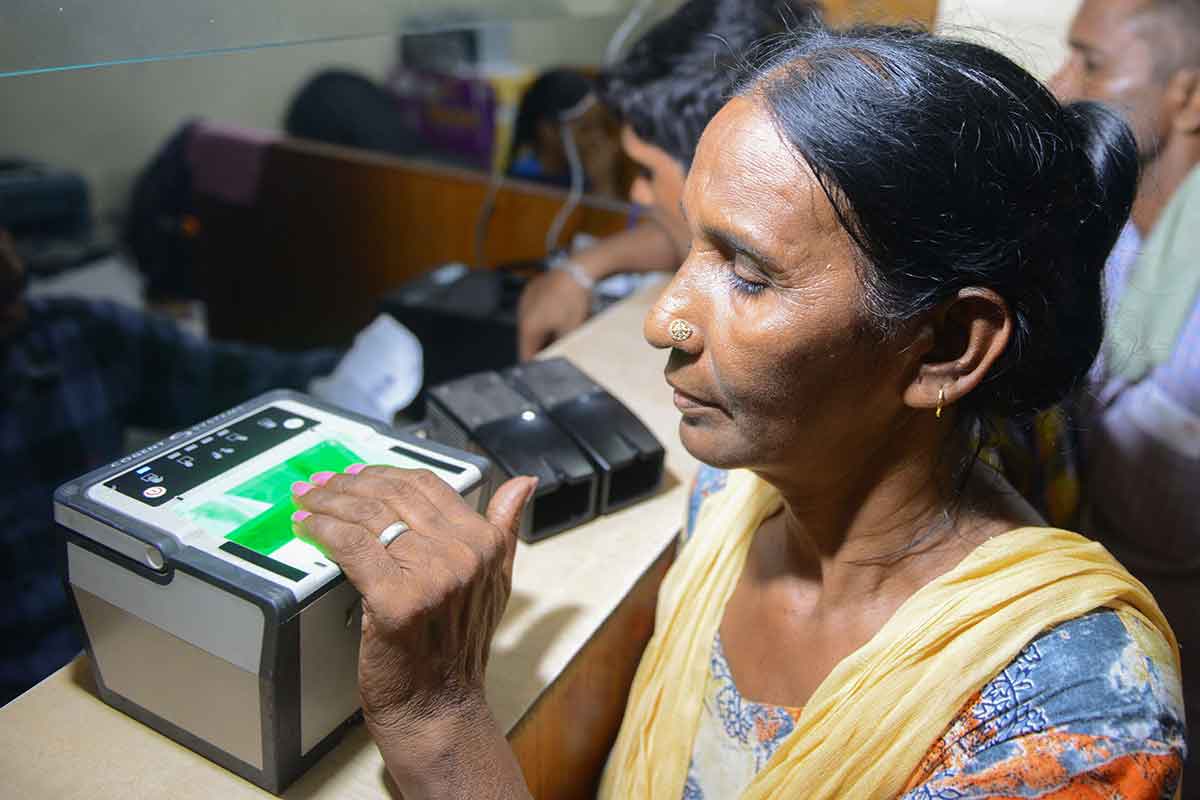Technology is evolving faster than ever, and as it continuously changes, the world changes along with it. As we enter the era of the Fourth Industrial Revolution, it is important for people to come together to ensure that such technologies are used to benefit mankind.
The emerging technologies do not come without their risks. One of the major concerns for many is privacy. Controversies against Facebook in the past reveal that our data may not be so secure after all. Aside from that, developments in artificial intelligence (AI) and robotics show that there is a potential that such technologies could displace millions of jobs. A new study forecasts that by 2030, as many as 800 million jobs could be lost worldwide to automation.
How the risks of technology are mitigated and their benefits distributed evenly requires robust governance, one that is prepared to spearhead policies into the 21st century. Governance must be stable, interoperable, predictable and transparent enough to build confidence among investors, companies, scientists and the general public, but also agile enough to remain relevant in the face of rapid advances in technology.
However, this is not the case in most countries. Policies surrounding technology is often outdated or disproportionate with some areas regulated heavily while others are barely even recognized.
Seeing this need for a hub to bring together various people from different fields, the World Economic Forum (WEF) has set up a Centre for the Fourth Industrial Revolution in four countries – the United States (US), Japan, China and most recently India. These Centres act as a space where leading technology companies, dynamic start-ups, policy-makers, international organizations, regulators, business organizations, academia and civil society can collaborate to develop the agile policy norms and partnerships needed to stimulate the enormous potential of science and technology, deliver rapid growth and generate sustainable, positive impact for all.
 Source: Various
Source: Various
Industry 4.0 potential
During the past few years, India has begun the process of transitioning to Industry 4.0. The subcontinent has already taken steps to become an e-government. For example, the government has made efforts to enrol its citizens into a national database. Aadhaar is the world's largest biometrics database, with 1.2 billion Indian residents enrolled so far.
India also wants to become an AI hub with the government recently announcing its National Programme on AI to encourage the development of AI-related technology in the country.
India is also quickly rising up the ranks in terms of innovation. Last year, the country moved up five spots on the Global Innovation Index, ranking 57th out of 125 countries. In the category of ICT service exports, India was ranked first.
India also has a robust start-up scene, which reportedly has more firms than anywhere else in the world except for the US and the United Kingdom (UK).
This combined with the fact that India has the second largest market in the world and a growing economy has led the WEF to open a Centre for the Fourth Industrial Revolution in Maharashtra.
The Centre for the Fourth Industrial Revolution will work in collaboration with the government on a national level to co-design new policy frameworks and protocols for emerging technology alongside leaders from business, academia, start-ups and international organizations. The National Institute for Transforming India (NITI) Aayog will coordinate the partnership on behalf of the government and the work of the Centre among multiple ministries.
Projects are already underway at the Centre for the Fourth Industrial Revolution. The Centre and NITI Aayog will work on two efforts which the government has outlined as its priority in technology – blockchain and AI. With regards to AI, the focus will be on accelerating the adoption of artificial intelligence to tackle some of the country’s most pressing socio-economic needs. While the project on blockchain will look into the application of smart contracts to boost productivity and transparency while reducing inefficiency.
“Together with the Centre for the Fourth Industrial Revolution India, NITI Aayog will conduct pilots to explore the use of cases that can exploit the advantages of these technologies,” said Amitabh Kant, Chief Executive Officer of NITI Aayog.
Related articles:
Is the ASEAN workforce ready for the 4th Industrial Revolution?
